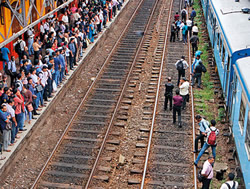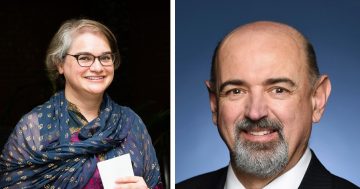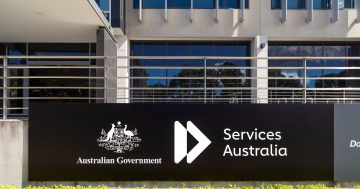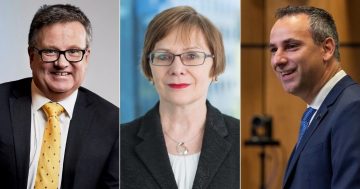 The Sri Lankan Government’s early retirement policy for Public Servants is beginning to bite, with a number of Government Departments saying they no longer have sufficient staff to carry out their functions.
The Sri Lankan Government’s early retirement policy for Public Servants is beginning to bite, with a number of Government Departments saying they no longer have sufficient staff to carry out their functions.
Under the policy, some 27,000 public sector employees have been automatically retired on reaching the age of 60.
Among the worst affected is the Department of Railways, with General Manager, W. A. S. Gunasinghe saying he hoped a Cabinet decision would allow him to hire some retirees on a contract basis.
“We need 3,000 new hires. Without a locomotive engineer a train will not run,” Mr Gunasinghe said.
“It has been five months since I became the General Manager and I have been telling the authorities of the shortage,” he said.
“There are around 1.5-to-1.6 million State employees, but the employment in the Public Service is imbalanced.’’
Spokesperson for the Government Medical Officers Association, Chamil Wijesinghe said only medical officers above the age of 63 years had retired so far, due to a pending court case.
“We believe 63 years for retirement is all we can afford in case we have to take measures against a resurgence of COVID-19,” Mr Wijesinghe said.
Meanwhile, Sri Lankan President, Ranil Wickremesinghe has urged remaining Public Servants to work overtime to return the cash-strapped island to prosperity.
“Public service in Sri Lanka is not an eight-hour job,” Mr Wickremesinghe said.
Noting that the island nation was hit by an unprecedented financial crisis last year due to a lack of foreign exchange reserves, the President said bureaucrats could not expect their duties to be limited to eight hours a day and five days a week.
“Let’s all work with commitment so by the end of 2023 I hope to take this country forward with the support of all of you and restore normalcy,” Mr Wickremesinghe said.
Colombo, 8 January 2023











